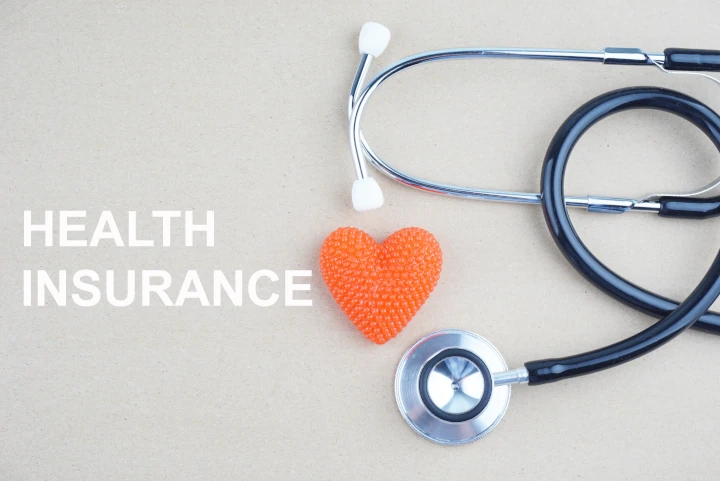BASIC FOOD SAFETY PRACTICES TO PREVENT COVID-19
Subscribe
0 Comments
Oldest



